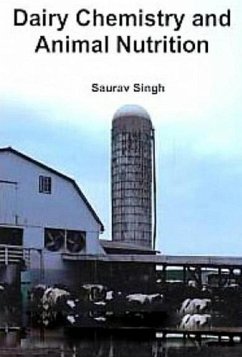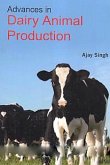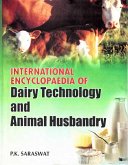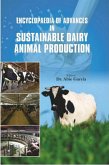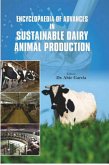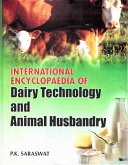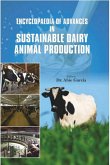As an agricultural product, milk is extracted from mammals and used as food for humans. Worldwide, dairy farms produced about 730 million tonnes of milk in 2011. India is the world's largest producer and consumer of milk, yet neither exports nor imports milk. New Zealand, the European Union's 27 member states, Australia, and the United States are the world's largest exporters of milk and milk products. China and Russia are the world's largest importers of milk and milk products. The fat content of milk is of economic importance because milk is sold on the basis of fat. Milk fatty acids originate either from microbial activity in the rumen, and transported to the secretory cells via the blood and lymph, or from synthesis in the secretory cells. The main milk lipids are a class called triglycerides which are comprised of a glycerol backbone binding up to three different fatty acids. The fatty acids are composed of a hydrocarbon chain and a carboxyl group. Saturated fatty acids (no double bonds), such as myristic, palmitic, and stearic make up two thirds of milk fatty acids. To those with a good knowledge of chemistry and physics the various formulae and equations will prove useful, but it has been the endeavour of the author to treat the subject-matter in such a manner as to enable the salient facts to be appreciated by those with only an elementary knowledge of these two subjects.
Dieser Download kann aus rechtlichen Gründen nur mit Rechnungsadresse in A, B, BG, CY, CZ, D, DK, EW, E, FIN, F, GR, HR, H, IRL, I, LT, L, LR, M, NL, PL, P, R, S, SLO, SK ausgeliefert werden.

